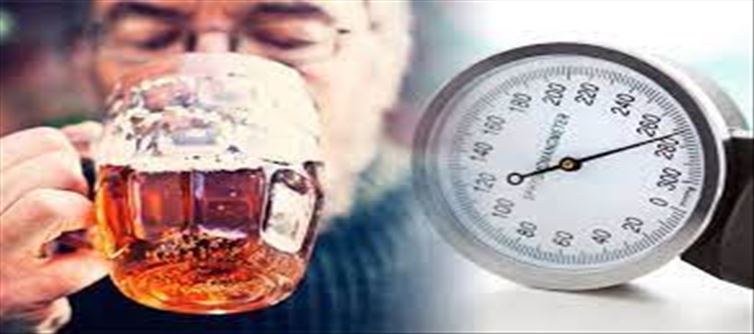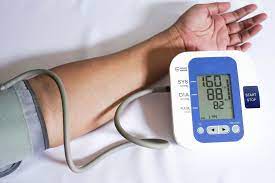
The World health Organization says that drinking alcohol is dangerous and there is no safe amount. According to the World health Organization (WHO), alcohol consumption is considered a risk factor for those suffering from co-morbidities such as high blood pressure, obesity, and other risk factors, while old age, sedentary lifestyle, and eating a high-salt diet become risk factors. And heart health is boosted despite alcohol consumption. Therefore, the World health Organization has stated that drinking alcohol is dangerous and there is no safe amount. Renowned physician Dr. Farah Ingel said, “When analyzed on average, drinking 12 grams of alcohol per day led to a 1.25 mmHg increase in systolic blood pressure, which by definition is below a standard level. High consumption of alcohol is associated with a significant increase in systolic blood pressure. A daily consumption of 48 grams of alcohol led to an average increase in systolic blood pressure of 4.9 mmHg. According to the American heart Association (AHA), for most adults, blood pressure is considered normal. Hypertension is diagnosed when the systolic reading is less than 120 mmHg and the diastolic reading is less than 80 mmHg. If patients continue to drink alcohol, even if it's 3-4 drinks per week, it can raise their blood pressure. High blood pressure is one of the risk factors for heart disease or heart disease and so on. Like smoking and diabetes, cholesterol, and family history. Therefore, to maintain a stable blood pressure, high-risk patients should avoid alcohol.” He said.
 How to prevent it?
How to prevent it?Routine medical checkups: Getting regular medical checkups done by a healthcare professional can help diagnose and manage any underlying health conditions.
Healthy lifestyle: Maintaining a balanced diet, being physically active, managing stress, avoiding smoking and excessive alcohol consumption can contribute to heart health.
Awareness of symptoms: Being aware of warning signs such as chest pain, palpitations, dizziness, and fainting can prompt timely medical attention.
 Testing: Cardiac tests should be done. These tests can help detect any potential problems early, especially if there is a family history of heart problems.
Testing: Cardiac tests should be done. These tests can help detect any potential problems early, especially if there is a family history of heart problems.Genetic testing: In some cases, genetic testing can help identify inherited conditions and guide preventive measures.
Education: Educating young women about heart health and the importance of early detection can play an important role.




 click and follow Indiaherald WhatsApp channel
click and follow Indiaherald WhatsApp channel